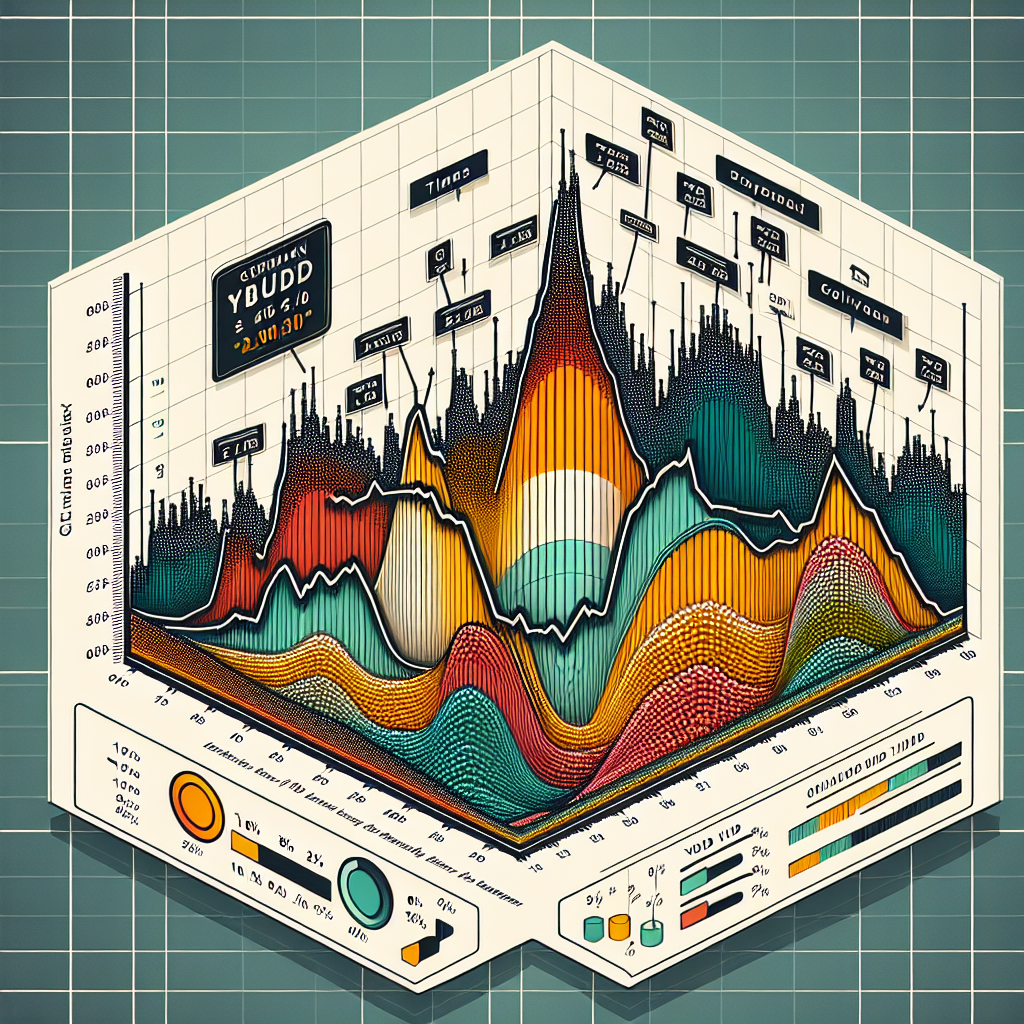Bund Yields Spike Amid Inflation Surprises in Euro Zone
Euro zone government bond yields soared to two-month highs as German inflation data exceeded expectations, prompting a reassessment of European Central Bank rate cut bets. Germany's inflation rate hit 2.9% in December, leading to heightened investor interest ahead of the ECB's January meeting.

Euro zone benchmark Bund yields surged to their highest in two months on Monday, driven by unexpected rises in German inflation data for December. The financial markets promptly adjusted by reducing expectations for rate cuts from the European Central Bank (ECB).
German inflation climbed to 2.9% last month, according to preliminary figures from the federal statistics office, surpassing the 2.6% anticipated by analysts polled by Reuters. Commenting on the data, ING economist Carsten Brzeski remarked that the summer accolades for overcoming inflation had been premature.
Anticipation now turns to Tuesday's euro zone inflation release, the final data before the ECB's next meeting scheduled for January 30. The ECB is predicted to proceed with caution concerning interest rate cuts, especially with Germany's resilient labor market and shifting borrowing costs in the region.
(With inputs from agencies.)
ALSO READ
Dollar Dominance: U.S. Interest Rates Drive Global Currency Trends
Top Factors that Influence Business Loan Interest Rates
Supreme Court Upholds High Credit Card Interest Rates
Erdogan's Economic Shift: Interest Rates and Inflation in Focus
Interest rates on small savings schemes like PPF, NSC remain unchanged for January-March quarter: Govt notification.










